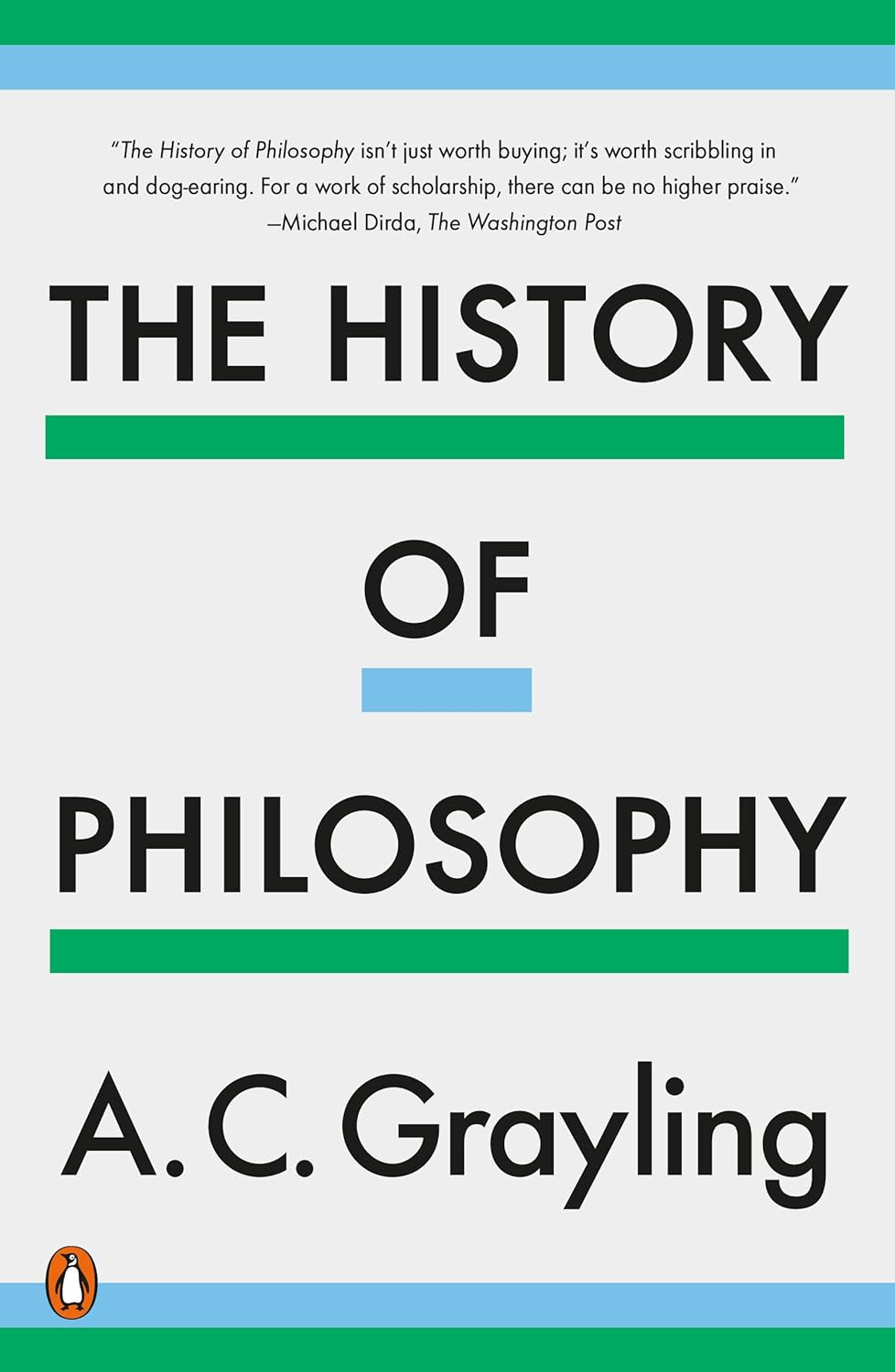Ad Hominem Fallacy
The Ad Hominem Fallacy is committed when an attempt is made to show one's argument is flawed by attacking things about the person to justify why they are wrong rather than the argument itself. Ad Hominem is Latin for "against the person."
Examples:- The claim that a person is wrong because of their political beliefs, history, or background.
- When we don't agree with someone because we dislike that person.
- When the claim is made that a person is wrong because they would stand to benefit from making a particular argument, rather than examining the argument itself.
Key Insights & Principles
Logic & Bias
Insights:- No argument is refuted by demonstrating the flaws or biases of the person making it.
- People that you dislike based on other factors can be correct about things.
- Refuting an argument requires demonstrating that the evidence provided is: (1) insufficient, (2) based on false assumptions, (3) irrelevant, (4) omitting relevant information, (5) weighted improperly towards specific pieces of evidence.
- The purpose of using the ad hominem fallacy is to divert an audience away from the argument being made, which can be an effective strategy to gather support, but not to disprove the argument.
- Do not reject an argument on the basis of the person making it.












